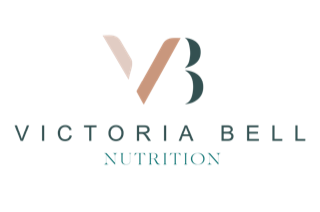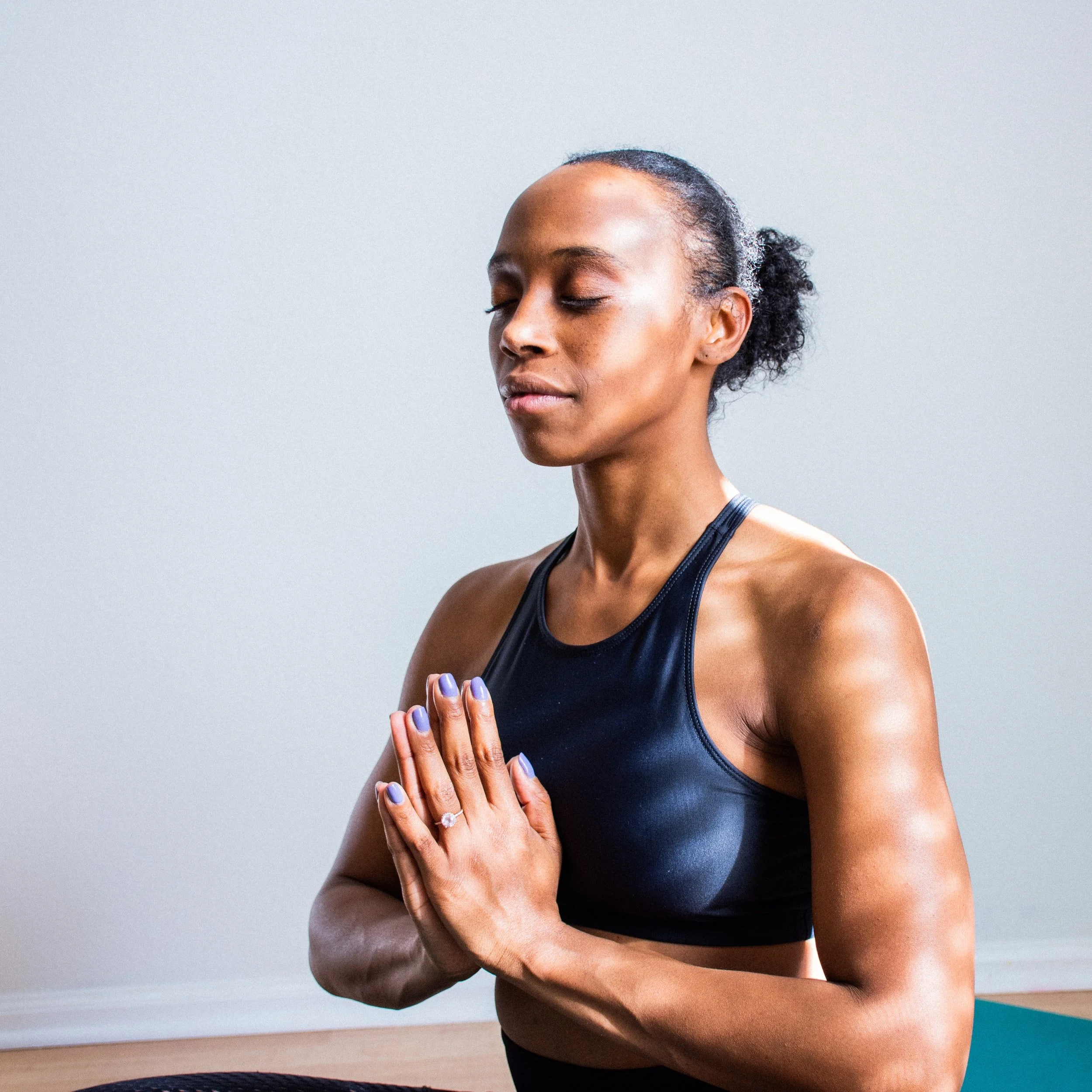If you caught Davina MCall’s documentary on Channel 4 ‘Sex, Myths and the Menopause’, you may already have shed a tear or two about how many women have been let down by a lack of awareness and support for their menopause.
Or are you frustrated that you didn’t know what had hit you when your own perimenopause started? Are you still not sure that what you are going through even is the perimenopause?
If you have been experiencing brain fog, low moods, anxiety, irritability or rage, disrupted periods, hot flushes, vaginal dryness, insomnia or sweating, you may have started to wonder. There are so many more symptoms! A survey amongst women rounded up 34 symptoms of menopause but so little research is done on perimenopause and menopause that there are many others that are not on the list.
Whilst many people are working hard to raise awareness and get better help in place for all women during this normal and significant life phase, are you hoping there might be more help now for you when you really need it?
Sadly at present in the UK, an opportunity is missed for guidance about diet and lifestyle habits that could relieve menopausal symptoms to be shared with us all. So much is left for you to find out for yourself! But that said, there are lots of things that you can do that would help to have an easier ride.
Don’t worry – we will get to how you can get help elsewhere!
Let’s start with diet and lifestyle - and what may help with your perimenopause:
1. Minimising sugary foods and refined carbohydrates such as white pasta, bread and quick cook rice helps to balance your blood sugar. This reduces the risk of diabetes which can be higher during the perimenopause because of fluctuating oestrogen and progesterone.
2. Self-care strategies to reduce susceptibility to stress is important because the adrenal glands have to take over making oestrogen and progesterone. This can make you more prone to exhaustion. Some options to relax include walking, gentle exercise like yoga and meditation.
3. Increasing the quantity of foods which contain phytoestrogens can help to restore some balance. Phytoestrogens are found in some plant-based foods that act as weak oestrogens. Examples include chickpeas, peanuts, flaxseed, soybean, oats, broccoli, carrots, apples grapes, berries, plums and green/black tea.
4. Minimal alcohol consumption will reduce fatigue, headaches and weight gain, all of which are more prevalent during the perimenopause.
5. By limiting your intake of fatty foods, caffeine and salt, can help to reduce many of the problems such as hot flashes, irritability and insomnia.
6. Oily fish or fish oil can help to balance out your hormones, improve brain health and they are anti-inflammatory – reducing aches, pains and other inflammatory conditions.
If you need help with your diet, working with a nutritional therapist is one of the many ways to get support and help to keep you on track. Nutritional therapists can also advise on personalised supplement options and order private health tests for you to find out any underlying causes of worsened perimenopause or digestive issues such as irritable bowel syndrome. Also known as IBS for short, this common condition will often flare up or even start during the perimenopausal years.
Some women find that during this time their thyroid stops functioning well, leading most often to an underactive thyroid, or hypothyroidism. This can show up as feeling very cold when everyone else seems to be warm enough, weight gain, constipation, feeling sluggish, struggling to rise in the morning and foggy thinking.
Having your thyroid tested by your doctor can help, and a nutritional therapist can work with you to help identify why your thyroid is struggling and how to help you get back on an even keel.
Wondering how else you can get help with perimenopause?
Some of these might seem obvious but we’re often unsure to whom we can turn. Hopefully some of these will inspire you and give you some fresh options to try:
1. Fitness, yoga or pilates instructors who have a specialism in midlife or menopausal health - there are so many women who can help you to find activity that really works for your body with your energy levels. These experts often are well connected also to refer you for other therapies or people who can help.
2. Counsellors, hypnotherapists, NLP practitioners or life coaches – again, many of these have special training and knowledge about what you are going through. They may be able to help you have a safe space to talk and give you tools to find peace and acceptance, both which may help to reduce your stress levels and in turn your symptoms.
4. Your GP – it’s always best to start a conversation with your doctor, especially if you have any severe symptoms or need to rule out other possible causes. If you find that you don’t get the response that you want, you could ask to be referred to a specialist menopause clinic.
5. Friends and family – Starting a dialogue so people know how they can help you and if there’s anything they can do that would make your life a bit easier during this challenging time isn’t selfish. In fact, many people may be a bit embarrassed to ask but would love some direction from you on what they can do that would help you to feel a bit better. You may even discover other women were too embarrassed to speak up about similar challenges!
GET A COMPLEMENTARY HEALTH REVIEW >>
If you would like support with any perimenopausal symptoms, email me at info@victoriabellnutrition.co.uk or book in a complementary 30-minute health review.


